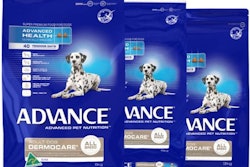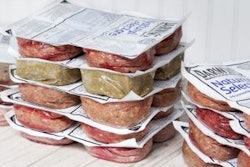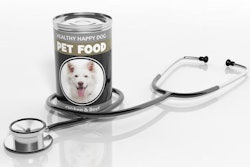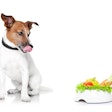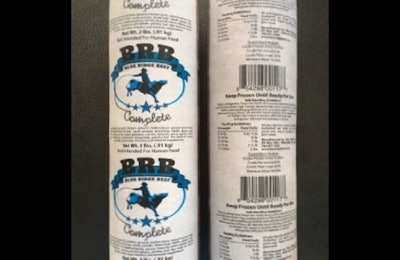
Blue Ridge Beef of Eatonton, Georgia, USA, is voluntarily recalling lot#GA0131 of BRB Complete raw pet food because of the potential of contamination with Salmonella and Listeria monocytogenes, according to the United States Food and Drug Administration.
This recall was initiated after samples collected and tested by the FDA showed positive for Salmonella and Listeria monocytogenes. There has been no consumer or pet illnesses in association with this product.
The recalled lot would affect the following states:
- Florida
- Georgia
- South Carolina
- Tennessee
- North Carolina
The affected product is sold in two pound chubs that are frozen and are distinguished by the manufacturing codes:
BRB Complete
Lot# GA0131
Manufacturing date: 01/31/2018
Other recent Blue Ridge raw pet food recall
Kitten deaths led to Blue Ridge Beef raw pet food recall - Blue Ridge Beef of Eatonton, Georgia, USA recalled lot#GA1102 of its Kitten Grind raw pet food because of the potential of contamination with Salmonella and Listeria monocytogenes, according to the United States Food and Drug Administration.
This recall was initiated after the FDA received a complaint of two kitten deaths, including one death which was confirmed to be caused by Salmonella septicemia. Subsequent testing by the FDA of Kitten Grind Lot#GA1102 revealed the presence of Salmonella and Listeria monocytogenes.
About Salmonella and Listeria monocytogenes in pet food
Salmonella and Listeria can cause severe and potentially fatal infection in both the animals consuming the pet food, and the humans that handle the pet food. There is a risk to humans from handling contaminated pet products, especially if they have not thoroughly washed their hands after having contact with the products or any surface exposed to these products. Pets can be carriers of the bacteria and infect humans, even if the pets do not appear to be ill. Once Salmonella and/or Listeria monocytogenes gets established in the pet’s gastrointestinal tract, the animal can shed the bacteria when it has a bowel movement, and the contamination will continue to spread.
Groups at high risk for Salmonella and Listeria monocytogenes include the elderly, people with weakened immune systems and certain chronic medical conditions (such as cancer), and pregnant women.
Healthy people infected with Salmonella and Listeria monocytogenes should monitor themselves and their pets for some or all of the following symptoms: nausea, vomiting, diarrhea or bloody diarrhea, abdominal cramping and fever.



